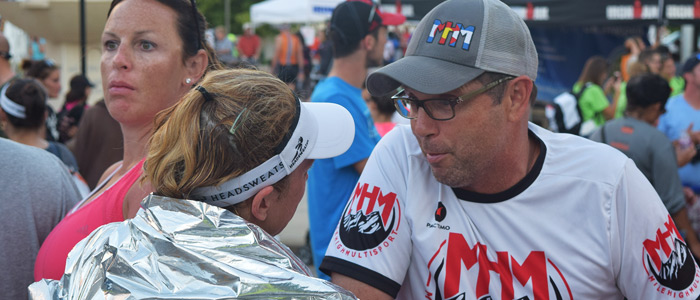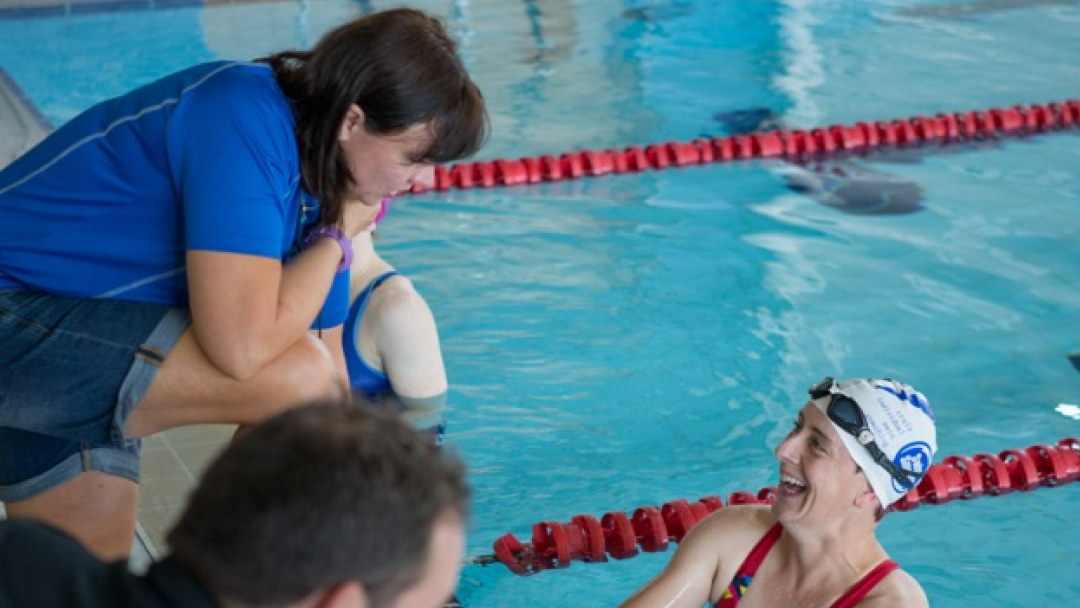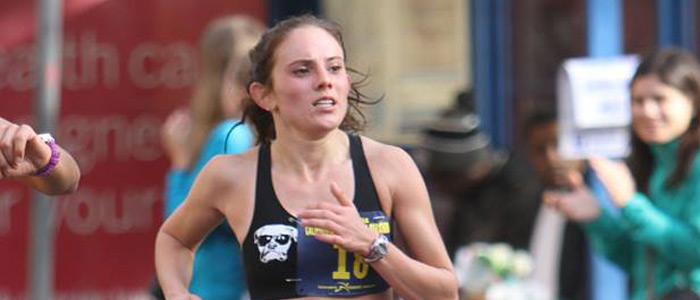How to get the Most out of your Coach
Whether you have already hired a coach or are thinking of hiring a coach, there are certain steps you can take to foster the coach/athlete relationship. Each coach has his or her own style and philosophy, but there are certain expectations an athlete should have when hiring a coach. Setting your expectations upfront is crucial in establishing a mutually beneficial working relationship.
At minimum you should ask the following questions during the selection process. How and when will my training plan be provided? What type of review process do you have in place? If I need to ask you a question what is the best manner in which to reach you? What are your pre and post race notification requirements? A good coach will explain his or her processes up front, but this doesn’t exclude you from communicating your preferences. The following are some suggestions on how to make the most of your relationship with your coach.
Goals:
Establish goals and benchmark sessions to measure progress along the way. This is a “given” and I won’t spend a lot of time on goal establishment. Discuss your race plan and ask for your coach’s input. Ask what tests and criteria your coach will use to establish your fitness gains. At the end of the season, how will you and your coach evaluate progress and success?
Timely and Open Communication:
The cooperation of both the athlete and coach is required if there is to be effective communication.
Coaches should provide workouts that are clear and concise. What are the duration, intensity, terrain and desired outcomes of your workout? What phase of training are you in and what purpose does your current block of training play in the annual training plan? How will you receive your workouts and when can you expect to have your plan for the upcoming week or months of training?
As an athlete, you can foster your relationship with your coach by providing meaningful feedback on how you absorbed the workouts provided. In short, fill out your training logs in a timely manner and be thorough. “Completed”, “done”, or “that was hard” tells your coach very little. Provide information on how you felt before, during and after the session. How did your body feel during the main set of the workout? What was your wattage? Heart rate? Pacing? What successes or obstacles did you encounter during the session? What was your mental state of mind? How did you sleep the night before? How has your diet been? The more relevant information you share, the easier it becomes for your coach to develop a plan with your fitness gains in mind.
The first step towards quality communication with your coach is to realize that you play a key role in fostering the relationship. Many times, important factors which influence performance are left unmentioned. But remember this is a business relationship. Coaches do not want to play counselor. Share only information that impacts your training, and do not expect your coach to give you advice outside of the sport.
Trust:
When you make the decision to hire a coach, you are putting your faith in his or her hands. There are different methods which lead to the finish line of any race. If you hire a coach to drive “your bus” for the season, then let your coach drive the bus. The internet, training partners and magazine articles can all provide distractions and plant a seed of doubt in your mind. Don’t give up on your training program before giving it adequate time to be evaluated. Don’t be afraid to ask your coach about different philosophies and methods. A good coach will be fair, firm and honest with you.
What to Expect from your Coach:
Realize that not every coach has all the answers. If a coach does not have an answer, then he or she should provide assistance on where to find the answer. Your coach has a life, so don’t expect him or her to be available 365/24/7. Respect your coach’s time and ask when it is acceptable to call and ask questions and what the expected response time will be upon contact.
What Can You Do to Foster the Relationship?
If you don’t know something then ask. Coaches love to teach about the sport and like when athletes become life-long students. Work hard and be consistent day in and day out. Coaches will work harder for athletes who work hard to achieve the goals established up front.
The depth of the coach/athlete relationship is formed when both parties have pre-established goals and expectations and two-way communication is established. Make the most of your coach by taking an active role.
Q&A:
Q: What is a reasonable time frame when asking a coach a question via e-mail or voice mail?
A: 24 hours unless another time frame is established up front.
Q: When should I expect to have my workouts for the following week?
A: Set the tone during the initial meeting with your coach. Most athletes these days have busy personal schedules and can’t wait until the last minute. Let your coach know when you need your plan. Last minute schedules or schedules that are late are never acceptable.
Q: What is the one thing I can do to help foster the working relationship?
A: Communicate openly. The more information your coach has the better he or she can assist you.





